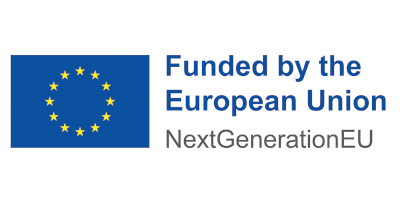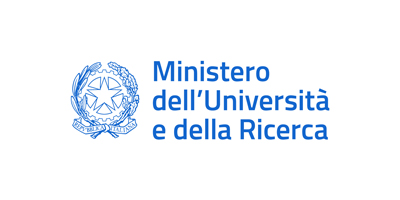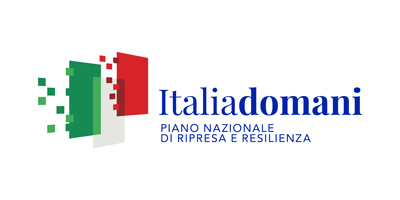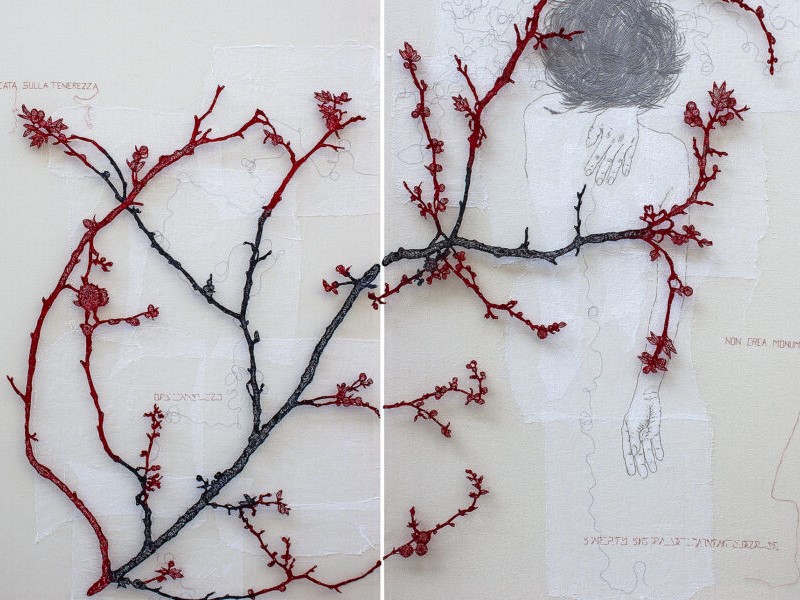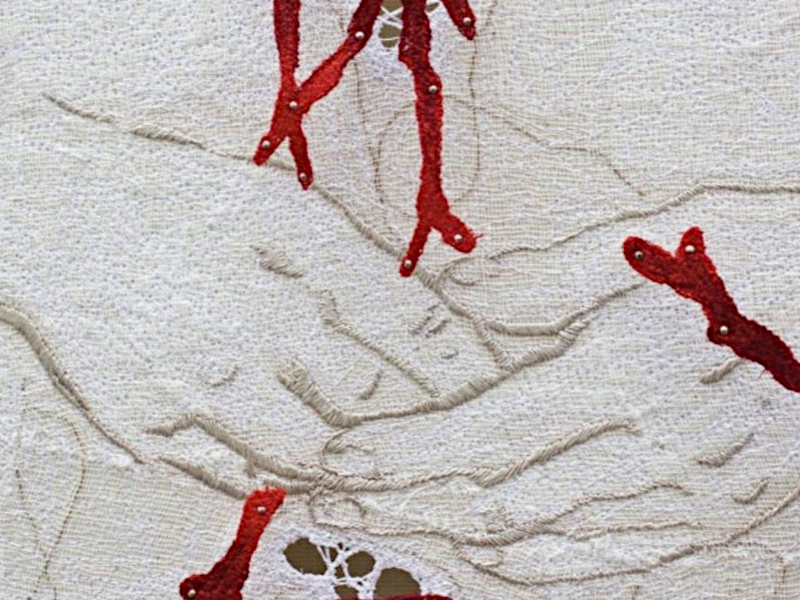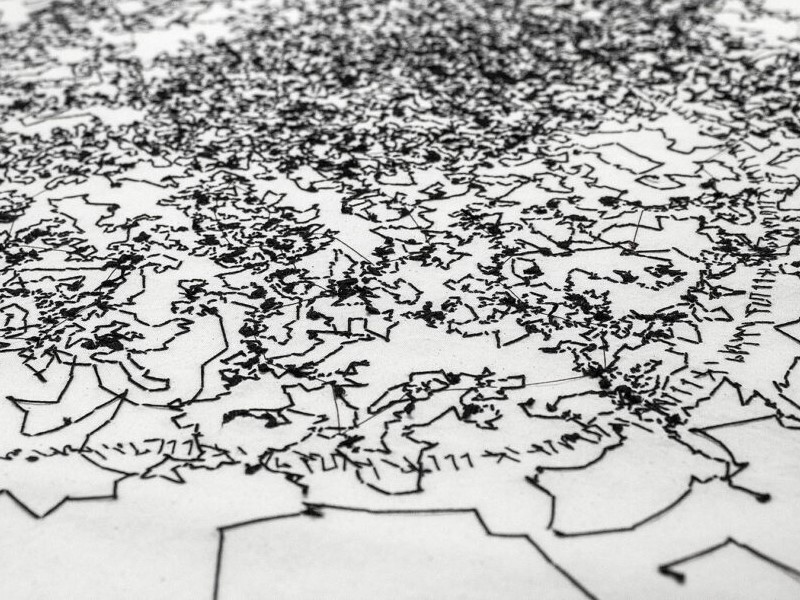VULNAT
Transactional Life and Vulnerability. A Bio-Social Account of Vulnerability for the Critique of Intersectional Social Pathologies
Project
VULNAT is a three-year EU-funded project that aims at outlining a bio-social account of vulnerability for the critique of intersectional social pathologies and for supporting the development of power-free common experiences of vulnerability and non-oppressive care relationships.
Nowadays social movements are progressively converging around the critical concept of vulnerability, interpreting the environmental crisis, gender and racial oppressions, and class inequalities as intersected forms of vulnerability. An urgent task for social philosophy is thus to outline a concept of vulnerability for the critique of intersectional social pathologies and for supporting social movements in the development of power-free common experiences of vulnerability and non-oppressive relationships of care. This concept must be:
- sufficiently broad to account for the common core, continuity, and difference between natural and human vulnerability;
- sufficiently elastic to differentiate the specific and intersected forms of vulnerability affecting social groups, so as to grasp the multi-layered dimension of social oppressions;
- intrinsically ambivalent, acknowledging vulnerability as the coexistence of passivity and activity, so as to criticize paternalistic and victimizing forms of care for and among vulnerable subjects;
- able to account for the habitual and enlanguaged dimension of human vulnerability, so as to grasp the obstacles to the integration of vulnerabilities, develop power-free common experiences of vulnerability, and criticize oppressive forms of care.
VULNAT intends to address these three theoretical needs by developing a bio-social account of vulnerability based on early American pragmatism’ conception of life as transactional and plural. Early American pragmatists provided a metaphysics of life as the passive and active interaction of an organism with external environments, while distinguishing between continuous and interdependent dimensions of life – inorganic, organic, and human. Drawing on this metaphysics, VULNAT wants to outline a unified, yet internally differentiated, and ambivalent account of vulnerability as transactional life, able to distinguish between different species of vulnerability, account for the plural and intersectional forms of vulnerability that can affect social groups, and for the habitual and enlanguaged dimension of human vulnerability. This account will be useful, on the one hand, to approach intersectional social pathologies as the results of different yet continuous and interconnected forms of power-over vulnerability, facilitating the identification of different levels of intervention for ethical social transformations. On the other hand, it will help to point out some intersubjective preconditions for the development of power-free common experiences of vulnerability and non-oppressive relationships of care for and among vulnerable subjects.
Research
VULNAT’s overall objective is to provide a bio-social account of vulnerability for the critique of intersectional social pathologies and for supporting social movements in the development of power-free common experiences of vulnerability and non-oppressive relationships of care. This overall objective is broken down into three Specific Objectives:
The outlining of a unified yet internally differentiated and ambivalent concept of vulnerability
I will reconstruct early American pragmatists’ concept of transactional life and develop their metaphysics into a bio-social account of vulnerability. Especially in the works of John Dewey, Mary Parker Follett, and Jane Addams, an entity is “alive” as it is engaged in transactions with external environments, i.e., in ongoing relationships of co-dependence, co-determination, and co-transformation with external surroundings. Their metaphysical framework discloses the chance to reconsider vulnerability as an ambivalent (passive and active) condition of life, to diversify the qualities that vulnerability can acquire across the plural dimensions of nature (transformative, reproductive, life-growing), and to account for the plural and intersected species and socio-historical forms of vulnerability that social groups can develop according to their different positions in natural and social contexts with multiple axes of oppression.
The methodology will be conceptual and historical-philosophical.
The outlining of a bio-social, continuous, and multi-layered conception of power for the analysis of intersectional social pathologies
In light of the bio-social account of vulnerability developed in the Specific Object 1, I will develop a conception of power as power-over vulnerability as transactional life, distinguishing between different forms and levels of power that can differently block the ambivalent dimension of vulnerability in natural and social contexts with multiple axes of oppression. I will conceptually remodulate the social-philosophical concepts of “power” and “social pathology” through contemporary critical naturalism’s concept of “plural nature” and intersectional theory’s concept of “intersected axes of oppression”.
The methodology will be conceptual and intra-disciplinary, combining social philosophy, critical naturalism, and intersectional theory.
The identification of some specificities of human vulnerability and some intersubjective preconditions to develop power-free common experiences of vulnerability and non-oppressive relationships of care
I will reconstruct early American pragmatists’ philosophical anthropology and theory of sensibility, which highlight how human experience is always embedded into and shaped by existing, different societal environments, structured by specific social habits and symbolic frameworks. Through the concepts of habit and enlanguaged experience, I will highlight the pluralism of social subjects’ experiences of vulnerability and the obstacles to mutual social understanding and power-free social integration. Within this framework, I will consider some intersubjective preconditions necessary to outline power-free common experiences of vulnerability and non-oppressive relationships of care for and among vulnerable groups.
The methodology will be conceptual, historical-philosophical, and intra-disciplinary, combining philosophical anthropology with theory of sensibility and habits, and recognition theory.
Events
Impact
- VULNAT will provide social philosophy with a bio-social account of vulnerability to critically analyze intersectional social pathologies and facilitate the identification of different levels of intervention for ethical social transformations.
- VULNAT will disclose new trans- and interdisciplinary research connecting social philosophy with critical naturalism, philosophy of biology, intersectional theory, philosophical anthropology and theory of habit and sensibility. Moreover, it will contribute to research on early American pragmatism, reconstructing both its categories of transactional life and vulnerability and women pragmatists’ contributions.
- In line with EU Priorities (Promoting our European Way of Life), Policies (Justice and Fundamental Rights; Humanitarian Aid and Civil Protection), Research Innovation Strategies (Environment and Climate; Protecting our Citizens and Values; Democracy and Rights), and UN’s 2030 Agenda for Sustainable Development Goals (Good Health and Well Being; Gender Equality; Reduced Inequalities; Peace, Justice and Strong Institutions; Climate Actions), VULNAT will revise the current philosophical concept of vulnerability to increase social awareness of the common core and the diversity aspect of vulnerabilities and to promote inclusivity and pluralism of vulnerabilities.

